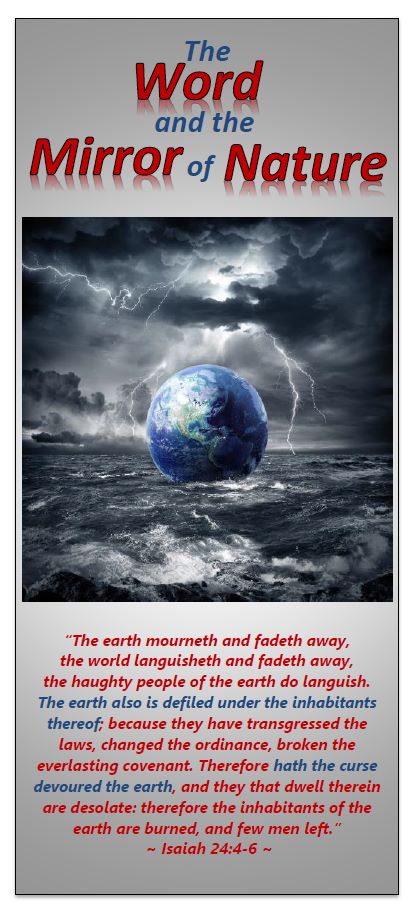(Matthew 12:31, 32) Didn’t Jesus Teach That the Holy Spirit is a Separate Being than He and His Father?
“Wherefore I say unto you, All manner of sin and blasphemy shall be forgiven unto men: but the blasphemy against the Holy Ghost shall not be forgiven unto men. And whosoever speaketh a word against the Son of man, it shall be forgiven him: but whosoever speaketh against the Holy Ghost, it shall not be forgiven him, neither in this world, neither in the world to come.”
Some people take these verses as an indication that God is a trinity. Some think that we can blaspheme against God, the Father, and His Son, Jesus Christ, and be forgiven, but that a third person called the Holy Ghost is so highly exalted that if men blaspheme against him, they can never be forgiven. Yet, how many persons are mentioned in this verse? Two: the Son and the Holy Ghost.
To some it is surprising to realize that the Father is not mentioned by name in this text. The same is true in the other two accounts of this conversation. Mark’s account reads, “Verily I say unto you, All sins shall be forgiven unto the sons of men, and blasphemies wherewith soever they shall blaspheme: But he that shall blaspheme against the Holy Ghost hath never forgiveness, but is in danger of eternal damnation” (Mark 3:28, 29). Luke wrote, “And whosoever shall speak a word against the Son of man, it shall be forgiven him: but unto him that blasphemeth against the Holy Ghost it shall not be forgiven” (Luke 12:10). The Father is not specifically mentioned in any of these texts. After examining all of these accounts we only find two persons mentioned: the Son and the Holy Spirit. There is no hint of a trinity here.
Although the Father is not specifically mentioned by name, He is not missing from the text, for Jesus said, “But when the Comforter is come, whom I will send unto you from the Father, even the Spirit of truth, which proceedeth from the Father, he shall testify of me” (John 15:26). The Holy Spirit proceeds from the Father because it is His own Spirit. Blaspheming the Holy Spirit is blaspheming “the Spirit of your Father” (Matthew 10:20), because it is His own Spirit.
Jesus was not talking about a sudden word or action against the Holy Ghost, but a continual rejection of its promptings upon the heart. The blasphemy against the Holy Ghost is when a person has stubbornly ignored the gentle convictions of God’s Spirit so long and persistently that God’s Spirit can no longer reach him. When a man reaches the point where he has blasphemed the Holy Spirit it is not because God has given up on him, but because he has stopped his ears from hearing God’s instruction so long that no matter how hard God tries to reach him, he can no longer hear God’s pleading upon his heart.
The Pharaoh of Moses’ day had reached that point. His heart had been so hardened that He refused to do what the Lord instructed (Exodus 8:32). God said, “Harden not your heart, as in the provocation, and as in the day of temptation in the wilderness” (Psalms 95:8). Once a man’s heart is hardened against hearing God’s Spirit speak to him, he has committed the “sin unto death” spoken of by John. (See 1 John 5:16.)
The Bible says, “Grieve not the holy Spirit of God, whereby ye are sealed unto the day of redemption” (Ephesians 4:30). God’s Spirit is what seals us, or prepares us for the day when Christ will come to redeem His people. If we continually reject the only avenue by which God can work in our lives, then there is nothing more that God can do for us. That is why there is no forgiveness for the blasphemy of the Holy Spirit. Not that God is unwilling to forgive, but that the person who does this is unwilling to repent and be forgiven.






